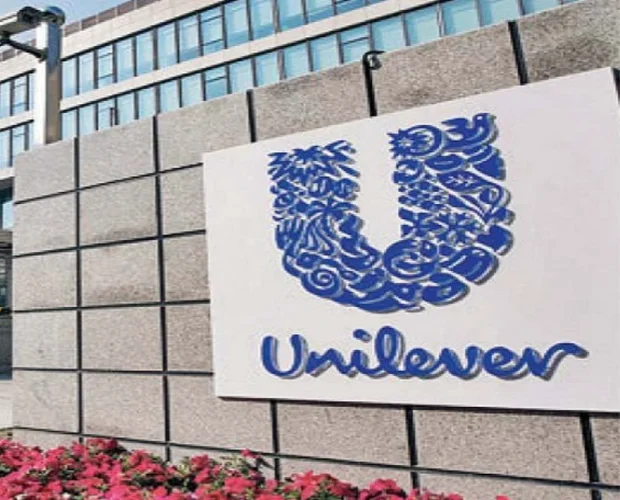Legal Blow to Major Corporations
In a significant legal development, the Delhi High Court has dealt a blow to over 100 companies, including major players like Hindustan Unilever (HUL), Nestle, Patanjali, and Philips. The court upheld the anti-profiteering provisions embedded in the Central Goods and Services Tax (CGST) Act and its rules.
Legal Grounds and Consumer Protection
The court clarified that the law mandates companies to pass on the benefits of any tax rate reduction or input tax credit (ITC) to consumers through a proportional reduction in prices. Failure to do so, with intent, will be categorized as ‘profiteering.’ Importantly, the court emphasized that these provisions are not mechanisms for fixing prices and do not violate constitutional articles, ensuring a balance between business interests, consumer rights, and tax regulations.
Reactions from Legal Experts
Sandeep Sehgal, partner-tax at AKM Global, commented on the court’s ruling, stating, “The court’s ruling adeptly balances the interests of businesses, consumers, and the tax regime. It nudges companies towards adopting equitable pricing practices while ensuring consumers receive the full benefits of GST adjustments.”
Abhishek Rastogi, founder of Rastogi Chamber, who represented some petitioners, highlighted that the challenge was based on the constitutional validity of anti-profiteering provisions due to a lack of a formula for determining profiteering. The court maintained that formulating such a formula is impractical.
Potential Ramifications and Future Challenges
While the ruling settles the constitutional aspect, it doesn’t eliminate concerns about companies potentially raising prices due to cost escalations. Experts anticipate a surge in petitions challenging this order, with potential repercussions for businesses if recovery proceedings ensue.
Adarsh Somani, partner at Economic Laws Practice, emphasized that the court’s decision focused on constitutional validity, and the evaluation of the merits of individual cases regarding profiteering is an ongoing process.
Post-Dissolution of NAA
Following the dissolution of the National Anti-Profiteering Authority (NAA) in December 2022, the Competition Commission of India (CCI) has taken on the responsibility of handling profiteering cases. This legal development has wider implications for corporate practices and consumer protection in the evolving landscape of GST regulations.
In conclusion, the Delhi High Court’s ruling underscores the importance of fair business practices and consumer-centric approaches in the realm of taxation and pricing. The legal landscape may witness further challenges and developments in the aftermath of this decision.
Read more.. Marketing News, Advertising News, PR and Finance News, Digital News.





